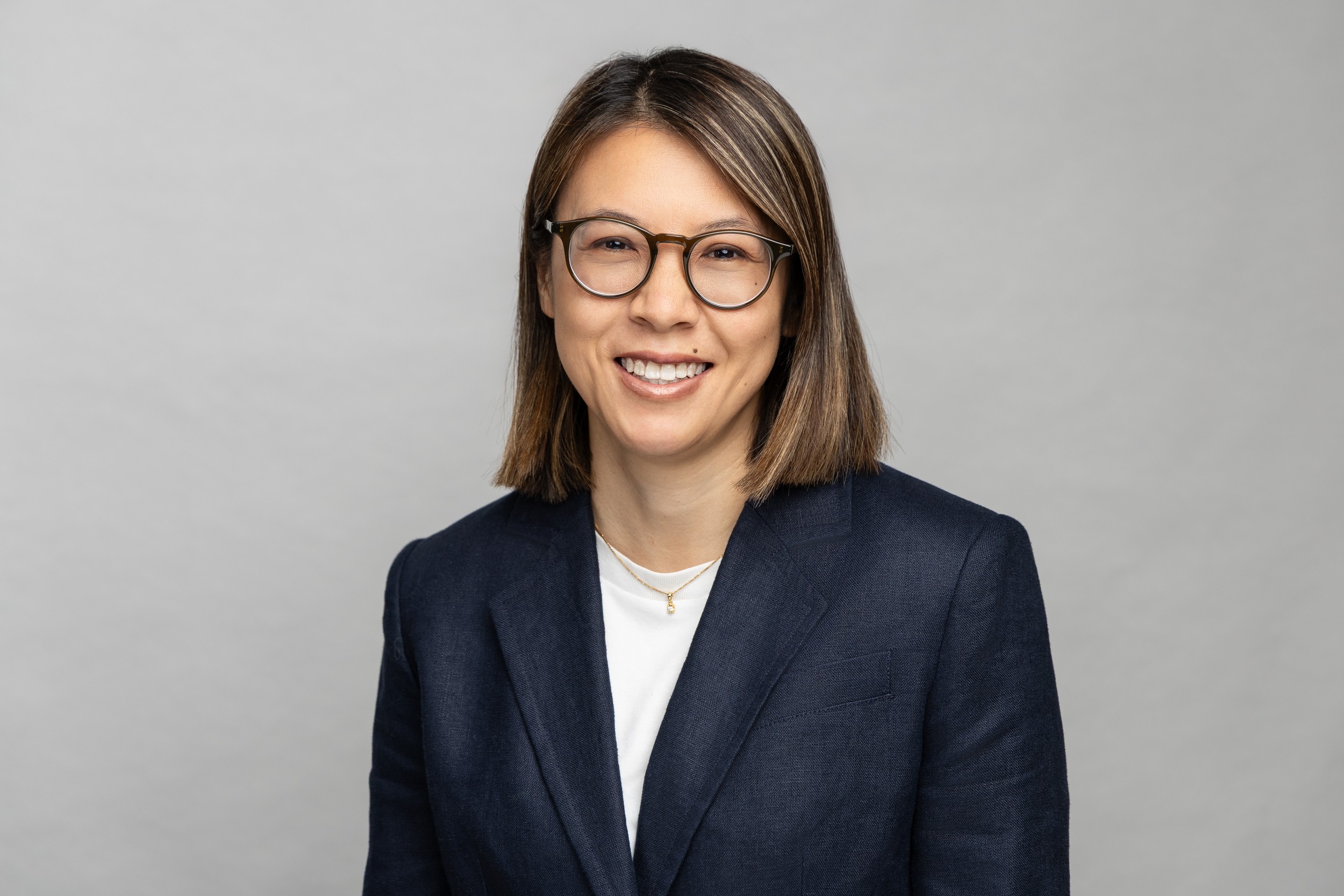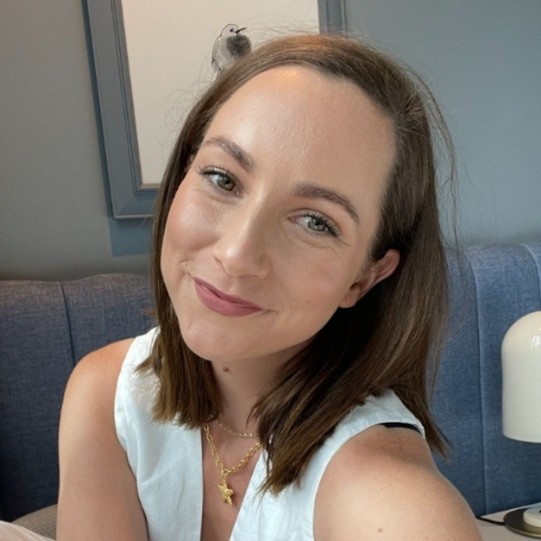
Our Team
Management
Detour House Inc Team


Cindi
CEO

Natasha
Operations Manager
Natasha has over 15 years of experience in the health, housing and community services sectors, across government and not-for-profit organisations. She has an inclusive and collaborative approach to operational management and is committed to equity.
Her career has included project management, health governance, stakeholder engagement, and service design. Natasha has led accreditation processes, advocated for improved health outcomes for people experiencing homelessness, and built partnerships across sectors. She holds a Bachelor of Resource Economics and a Master of Health Service Management.
At Detour House, Natasha oversees operations with a focus on compliance, service improvement, risk management, and health and safety. She is passionate about creating safe, supportive environments for women and girls, and works towards ensuring services are responsive and consistent with best practice.

Monique
Administration Officer
Detour House Team


Kelly
AOD Case Manager

Wendy
AOD Case Manager

Emma
Outreach Case Manager
Emma has been involved in the community services industry for the last 10 years - from volunteering with The Asylum Seekers Resource Center and Lifeline, to then working within the NDIS psychosocial industry, where she specialised in complex mental health, AOD, social housing, suicidal ideations, co-morbidities and the justice system. Before then she worked within various visual art and theatre organisations and also as a freelance photographer. She is enjoying working with Detour House where she is able to support her clients with AOD recovery, homelessness, mental health, and trauma.
The Girls Refuge Team


Georgina
Service Coordinator
Georgina has more than 12 years’ experience working within the Community Services sector, offering programmatic leadership across Homelessness, Disability and Social Inclusion portfolios. Georgie has a genuine care for inclusion and equity within our communities, committed to supporting young people navigating challenging circumstances. Georgie works closely with the team to deliver trauma informed, person centred support plans ensuring young people have access to supports, recourses and opportunities they need to stabilise and thrive.
Celebrating Transformation
Lizzy first presented to The Girls Refuge at the age of 14 due to family breakdown. Lizzy was in a situation where the Department of Communities and Justice (DCJ) were unable to work with and support the family, and the family were not willing to relinquish their parental rights.
As a result, Lizzy has been moving from crisis refuge to crisis refuge and has moved four times in an eighteen-month period.
Lizzy is now 16 years old, does not have the emotional or practical skills at this stage to live independently, and will need to develop these quickly to secure transitional or long-term accommodation.
If Lizzy had been able to remain in the first crisis service she accessed, her circumstances would have greatly improved. She would not have been at risk of re traumatization through changing services, having to retell her story over and over, or continually developing new relationships with staff and clients. This also can have negative impacts on family restoration, with the consistent changing of services and support staff, working not only with Lizzy but with her family.
Lizzy is a good example of why we need more supported medium to longer term accommodation options for under 16s. This case shows that continuum of care models are critical to enable soft transition from crisis services to transitional services and then on to longer term accommodation.

When Susie arrived at TGR she had been transient since the age of 12, experiencing homelessness due to significant domestic and family violence perpetrated by her father. Susie’s mother has her own existing mental health struggles and has often verbally abused Susie as a way of coping with this. Susie has a tumultuous relationship with her separated parents and often found herself needing respite by couch surfing when things became volatile at either home. Upon arrival at TGR, Susie was completely disengaged with school, had a longstanding history of self-harm and suicide ideation, and was having consistent mental health presentations at hospital every 3 to 4 days.
During her time at TGR, Susie has been able to learn about her trauma responses and has worked hard to manage her triggers. The safe and settled environment of TGR played a huge role in Susie feeling safe and settled within herself and we saw that her presentations to hospital became less frequent (and now non-existent). Susie can use her safety plan effectively before things become too overwhelming. Susie is now enrolled, attending, and receiving A grades at school and Susie has also just been accepted into transitional accommodation.

Ruby is a 17-year-old of Middle Eastern descent who was exited from an unsafe situation where her family were supporting an upcoming arranged marriage. The AFP removed Ruby and moved her across the state to The Girls Refuge. Ruby presented with distress and was having difficulty comprehending the situation due to a development delay. Ruby expressed suicidal thoughts and was hospitalised for 3 days in her first week at the refuge. Ruby has remained at the refuge for 5 months due to limited exit opportunities. Given Ruby’s age and vulnerabilities she is unable to live independently and the only option for TGR was to secure Ruby a place at a women’s shelter. Ruby will move into the women’s service on her 18th birthday. TGR have been able to support Ruby to register and attend school, have provided safe and supportive accommodations, assisted Ruby to build her living skills, supported her to access counselling and stabilised her mental health. Ruby has had no further admissions to hospital and has made tremendous growth in her time at TGR.



